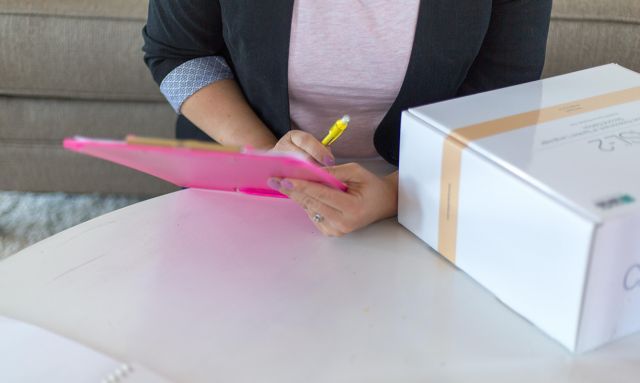
Here are several coping mechanisms that may have staying power from a financial perspective.
Months after it erupted, the COVID-19 pandemic continues to change our lives and economy. At this point, the idea of “back to normal” seems like a pipe dream. Still, we make strides toward a “new normal.”
From a financial perspective, it is an understatement to say things have been tough. But it hasn’t been all bad. The other night as my family gathered in the kitchen, chatting and preparing dinner – a significantly larger part of our routine than during pre-pandemic times – I realized that some of the coping mechanisms we’ve adopted might serve us well going forward.
You probably have your own list, but here are several habits I’ve identified that may have staying power:
• Meticulously scrutinizing expenses. With all the uncertainty, “budget” has quickly gone from a noun to a verb in households across the country. Holding off on unnecessary purchases and re-examining everyday spending has become the rule, not the exception. The Bureau of Economic Analysis reports our personal savings rate on a monthly basis and, as I write, the latest number is 13.4 percent – as high as it has been since 1954.
• Faithfully funding cash accounts. Regularly contributing to a cash account or emergency fund requires disciplined hard work. But in times of crisis, having cash on hand offers much-needed flexibility and peace of mind.
• Being deliberate. A lot of folks I’ve spoken with are taking a more thoughtful approach to their finances. These conversations ranged from individuals carefully weighing the timing of military separation to couples totally reassessing their priorities and goals. Too often the fast-paced nature of our lives makes it difficult for us to be intentional about our plans and priorities. But if we can carve out time to discuss our goals and re-evaluate our progress, we’ll feel certain that we’re on the right track.
• Creating a solid plan. This is more aspirational than a pandemic-created habit, but have you questioned, created or updated your plans during the pandemic? With time on our hands, changing circumstances and a lot more togetherness, many people could have cordoned off time to assess their finances from top to bottom: goals, assets, liabilities, income, expenses, insurance, retirement and estate planning. These are all intertwined and should be tied together by a comprehensive plan.
• Transitioning from overwhelmed to empowered. At some point during this process, I started to practice what I’ve preached to my children as they’ve grown up: Exert the vast majority of your energy and efforts on what you can truly control, and let the rest be what it will be. Although it may not seem so, there is a lot that you can control, and that’s where you should put your financial focus.
• Building a consistent routine. I’ve been blessed to be able to work from home throughout the pandemic. If that’s your situation, you probably have a solid routine. Translating that approach to your finances by consistently saving, monitoring and conducting periodic reviews can be a real positive. That’s one reason why the “pay yourself first” mantra has been around so long. It’s a routine, and it works.
• Staying positive. More than a habit, keeping a positive outlook pays dividends for you and those around you. Though we never know what the future holds, if we can stay positive in the present we’re likely to experience physical and emotional health benefits – two good things to carry into our new normal.
J.J. Montanaro is a certified financial planner with USAA, The American Legion’s preferred provider of financial services. Submit questions for him online.
- Magazine

